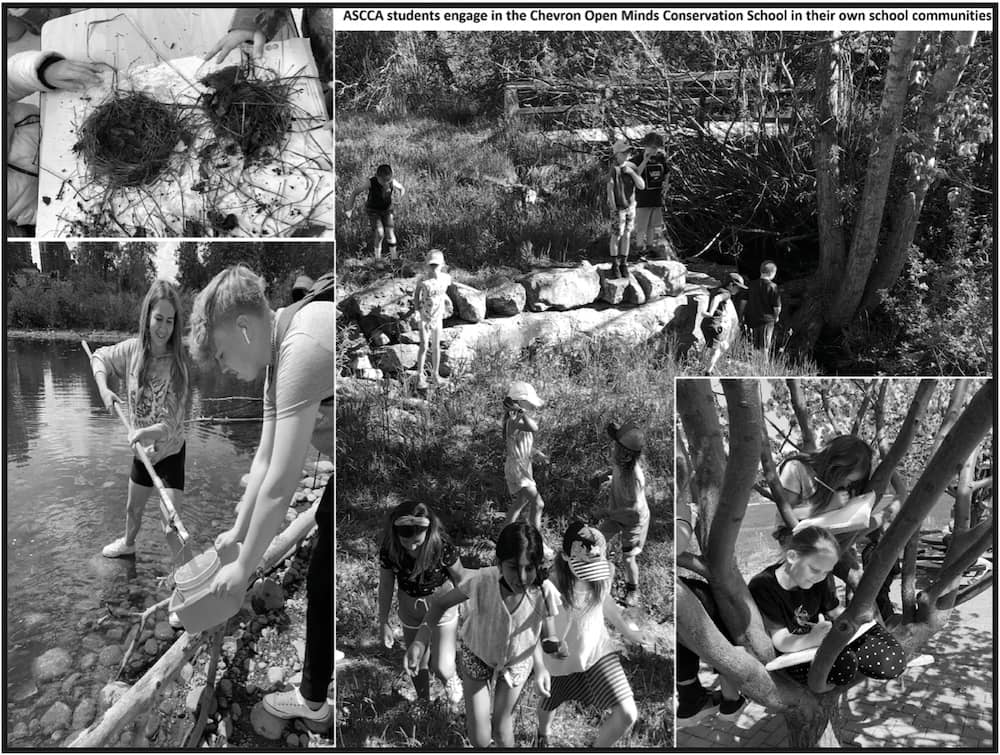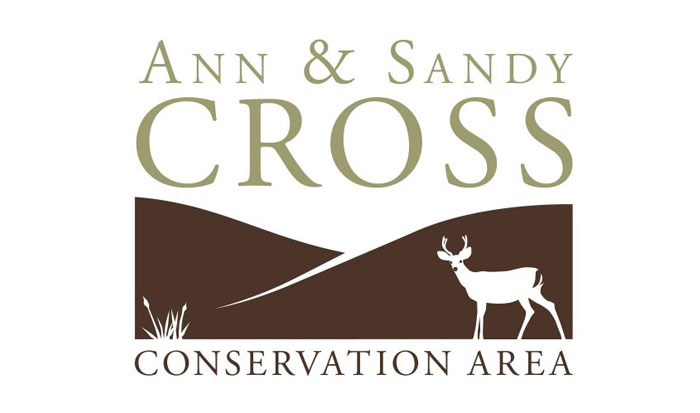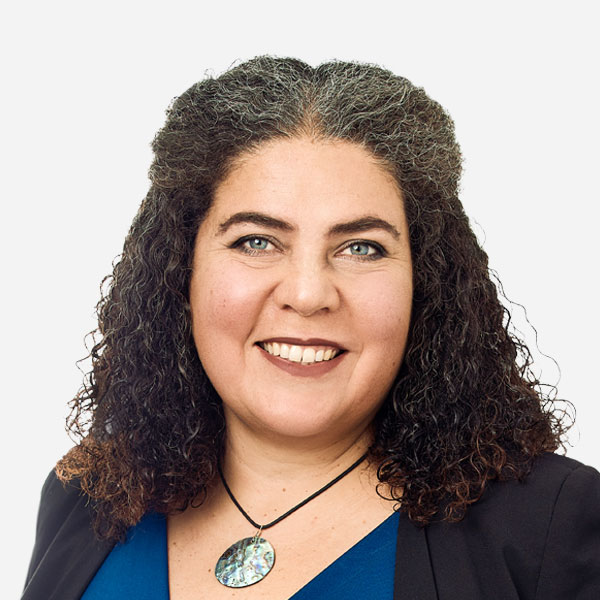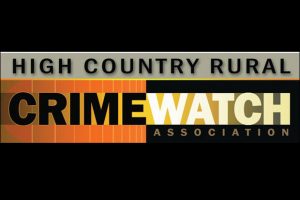Conservation Education Finds a Way to Thrive in a Pandemic
How do you engage students in a virtual world? Bring them outside. The 2020-2021 school year may have been the most challenging year yet for the education team at the ASCCA in terms of developing programming. Teachers had their hands full teaching a curriculum while managing the emotional needs of their students in the midst of a pandemic, restrictions meant that we were unable to get most students to the ASCCA on buses or send educators to schools to teach programs in their schoolyards, and to top it all off, we have always been a little camera shy. However, we have also always stuck by the motto of our founders Ann & Sandy Cross; “we wish the land to be disturbed as little as possible. It is also our desire that the land provide an educational tool for schoolchildren, university students and the public.” And with that as our starting point, we set out to do the extraordinary and teach experiential education programs in a virtual world.
In the fall we started out dipping our toes in the water by converting our Halloween Howl into individual hikes for family cohorts, following AHS guidelines. These nocturnal adventures on Alberta’s first Wildlife Reserve were so well received by the public that we continued to offer Lunar hikes every full moon when AHS restrictions allowed, and they were always sold out. We also offered university programs both in person and virtually to Mount Royal University students and home schoolers.
Then we started preparing videos and presentations for Teacher’s Conventions, Bow Valley College, UBC and the Mayor’s Expo with the Rothney Astrophysical Observatory’s Education Specialist Jennifer Howse; a wonderful partnership to promote dark skies for astronomical and ecological reasons and experiential education.
One of our greatest achievements in the 2021 year was the nine Chevron Open Minds weeks. Our wonderful Education Coordinator, Maureen Luchsinger, rose to the challenge of working with teachers collaboratively to come up with enriching ways to engage their students in outdoor experiential education. Schoolyards were scouted after hours, creative juices were taxed, and 249 students were able to become conservation explorers in their neighbourhoods with the guidance of our educators. This would not have been possible without the amazing Chevron sponsorship who, at the onset of the year, said they believed in the program and that they were willing to provide us with extra funds to accommodate programming needs due to COVID-19.
At the end of our tallies, in the 2020/2021 school year we are happy to report that the education team, under Maureen’s inspiring leadership, was able toprovide programming to well over 5000 participants which surpassed our expectations and meant that our numbers did not even drop, and were actually greater than the average of the last three years.
We would like to thank our amazing volunteer educators and MRU practicum students, and Chevron who were instrumental in our successful program delivery, and the wonderful Maureen Luchsinger for being the longest serving and hardest working Education Coordinator of the ASCCA.
























